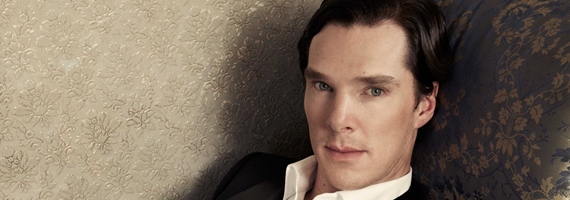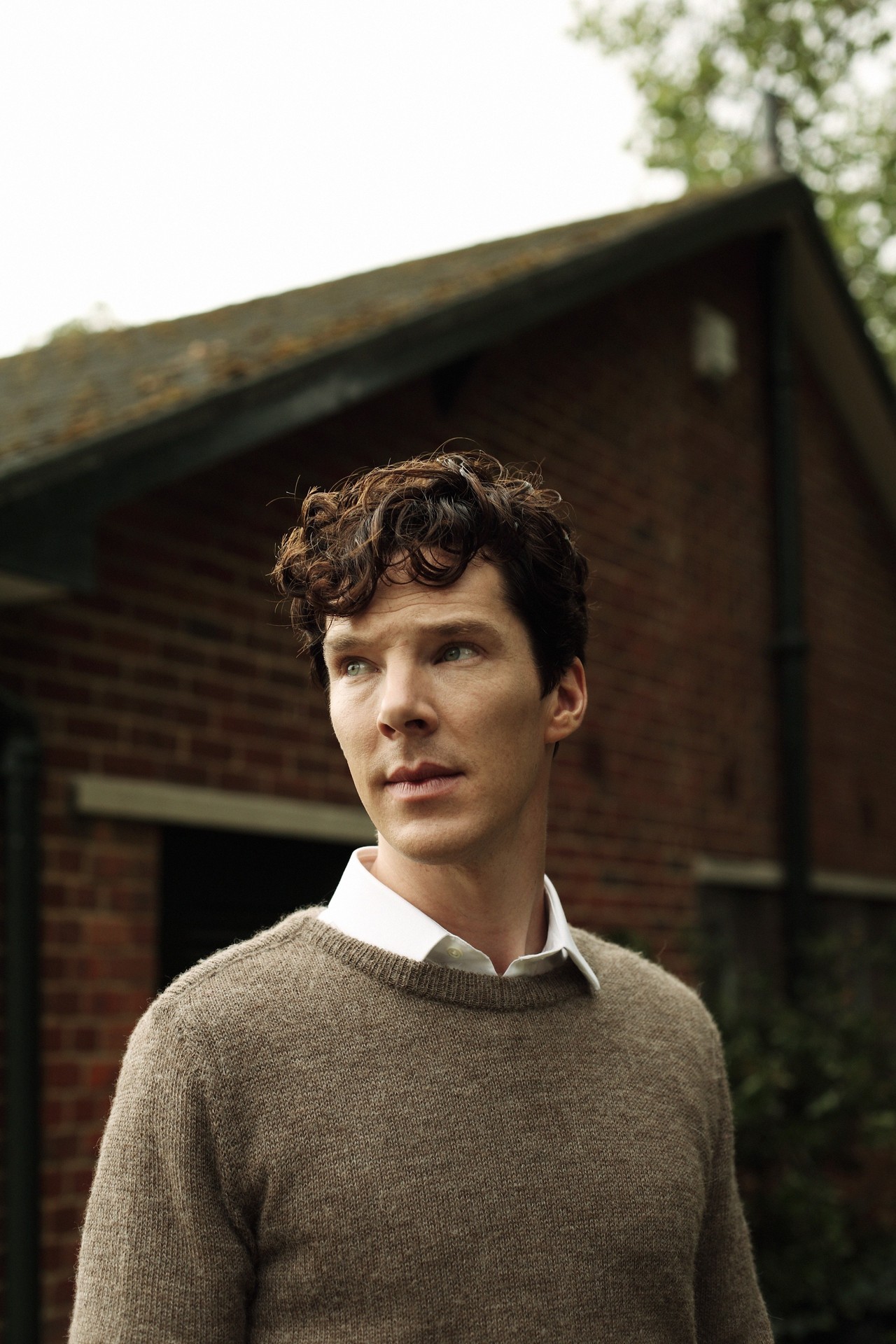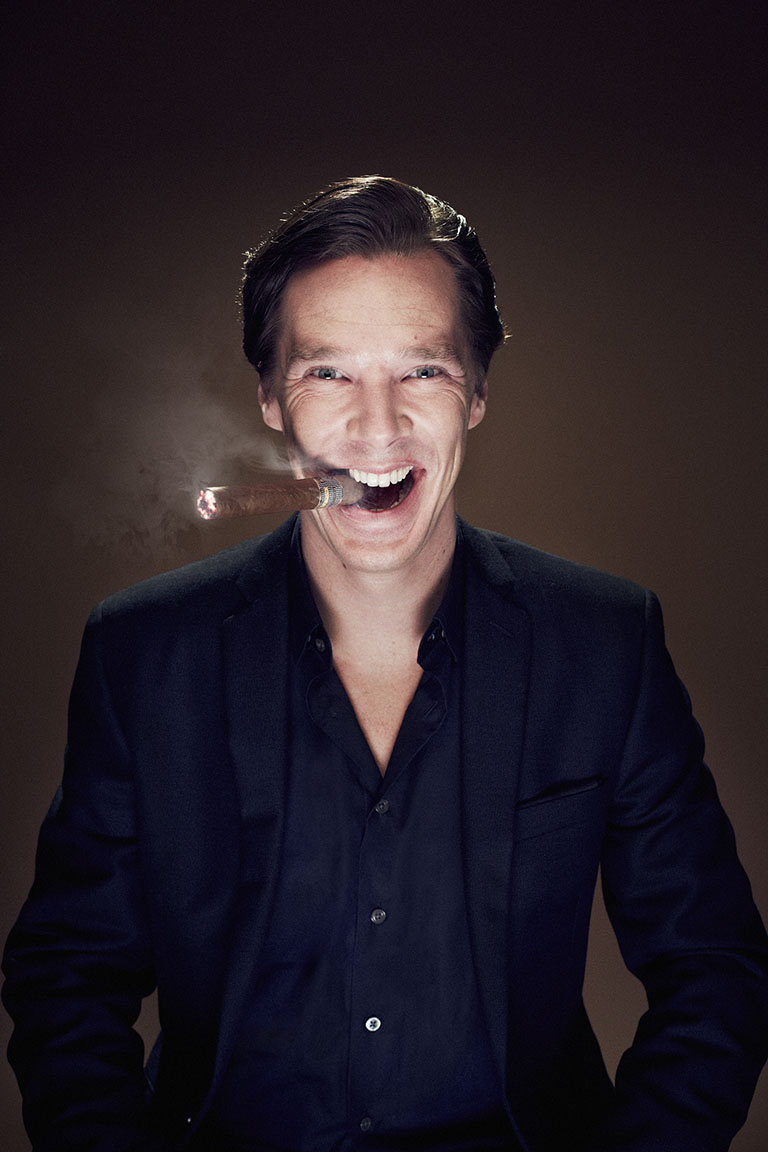
Usually iconic and definite star power takes years to build, sometimes decades. Especially considering modernity, and just how many talented actors there are. Only a very fine minority’ll ever rise to that level of fame. That being said, there’s occasionally a star so unique, so sheerly influential that they’re given no choice but to shoot to the very top. In the very early stages of this decade, I think the most evident case of that is Benedict Cumberbatch.
Boasting a BA in Drama, alongside a masters’ in classical acting for the professional theatre, Benedict certainly wielded some impressive credentials before jumping on the theatre stage in the very early 2000’s. He’s done a variety of projects since the early 2000’s including sporadic TV appearances, brief film parts, and very frequent voice acting for BBC Radio 4. Surprisingly bit roles on shows like Heartbeat, Spooks, or Silent Witness wouldn’t be the way Benedict broke the glass ceiling. It was 2004 when Benedict was given a chance to flex his method acting muscles away from the theatre stage, in BBC’s TV Film Hawking as the eponymous genius. The next year he starred in the three part adaptive drama of William Golding’s work, To The Ends of the Earth which garnered fantastic reviews. Further momentum was only obvious with a stunning, albeit understated performance as the incredibly young prime minister William Pitt The Younger, in 2006 period drama Amazing Grace.
Through the rest of the decade, his already impressive repertoire only continued to develop. In 2010, he blew basically everyone away with his starring role in BBC’s Sherlock. Benedict gave us a quintessentially different Sherlock, one that could possibly be called his best depiction, if not his most interesting. He performed Sherlock as a gaunt man, completely absorbed by his overbearing analytical process. As result you can feel his social ineptitude growing, as he constantly fails to relate to people he encounters. Many compared it to Robert Downey Jr’s, but the two definitely differ. Downey’s Sherlock was constantly buzzing, over-reactive, with a sharp sense of wit and charisma. Cumberbatch’s blunt and raw approach certainly leaves more of an impact, it could be said.
With that Benedict Cumberbatch stunned the world of audiences, critics, and everyone and that would be the big break he needed, seemingly. He continued to star in mostly supporting roles on and off, until his efforts rewarded him a game-changing role in 2012. That of John Harrison (more accurately Khan Noonien Singh) in Star Trek: Into Darkness. Cumberbatch’s Khan is brutal, unyielding, and unavoidably physical in his presence.
I could talk for much longer about his roles and how he fills them, but it’d be more direct to just talk about him as an actor. Of course it’s early days, but there’s some semblance of long lasting stardom in Benedict. He has this punchy and drawing impact of a young Marlon Brando, Al Pacino, or Sean Connery. It’s a much more untraditional form of that though. It’s more unorthodox, unusual, it’s a novelty in some ways. The husky and morbid tones of his voice, combined with a piercing gaze, and a very demanding presence. It’s certainly hard to define, but wholly evident.
I see a very golden future for Benedict Cumberbatch concerning awards and praise. Quite frankly I can’t wait to see what he does next, particularly The Fifth Estate.




